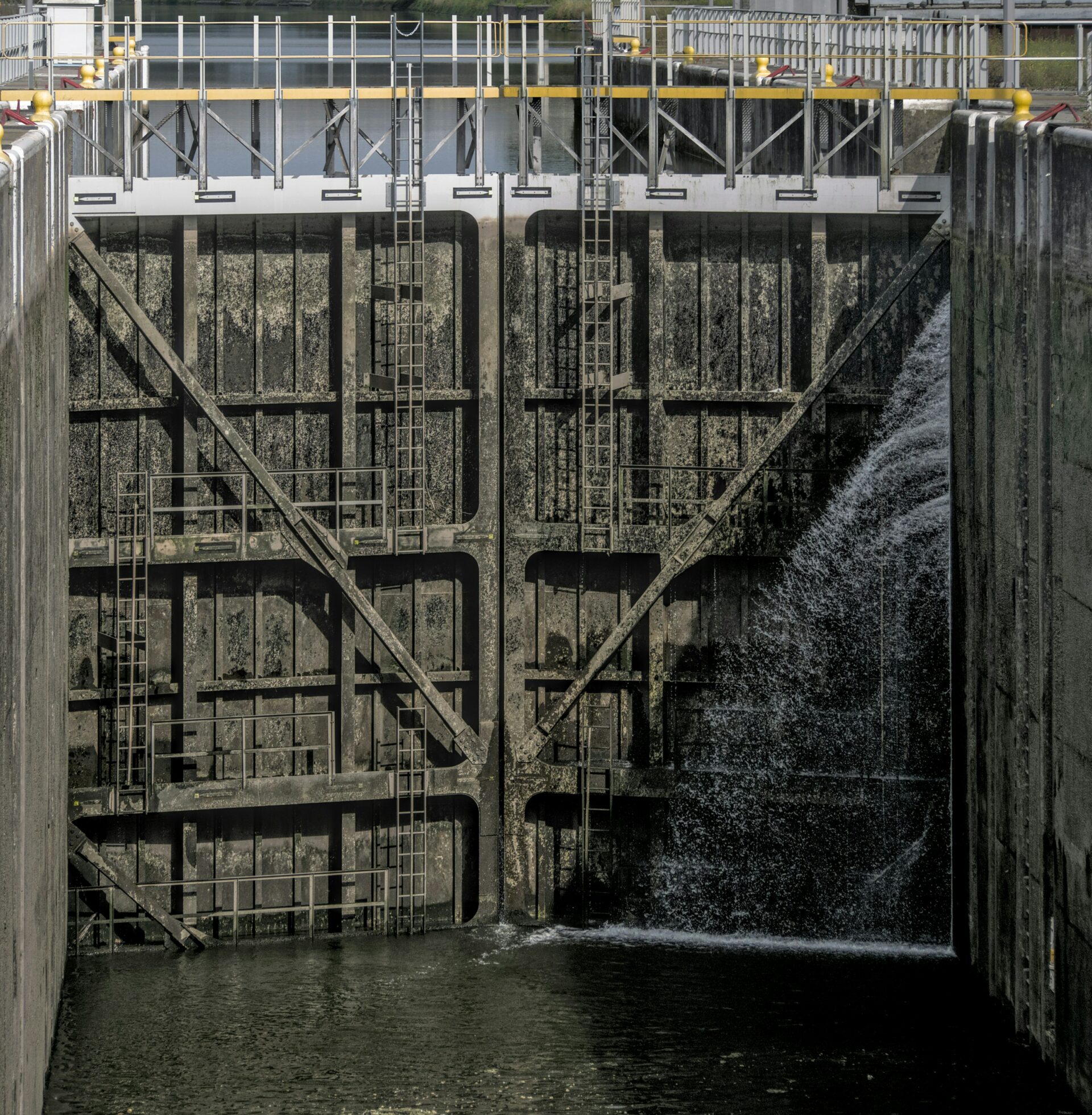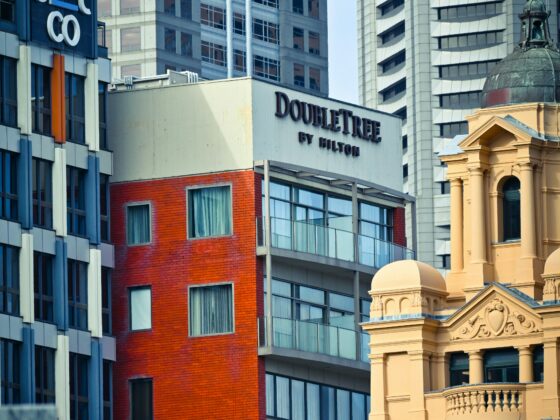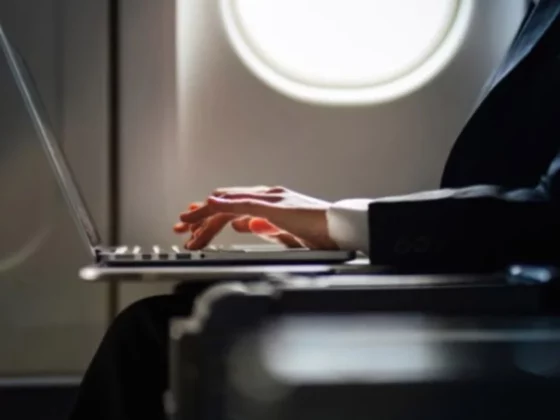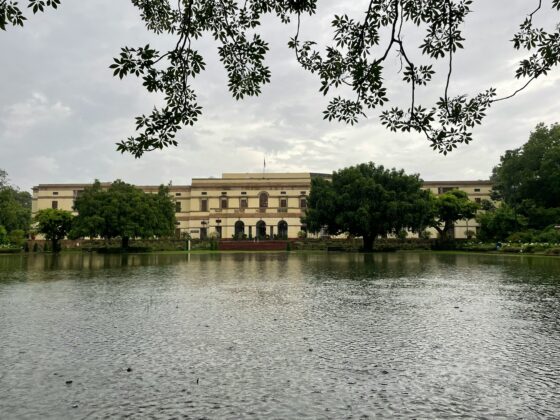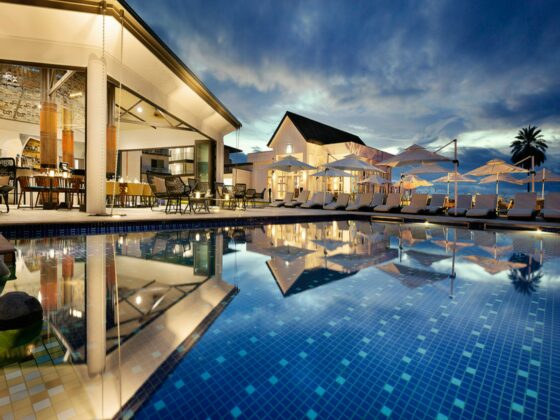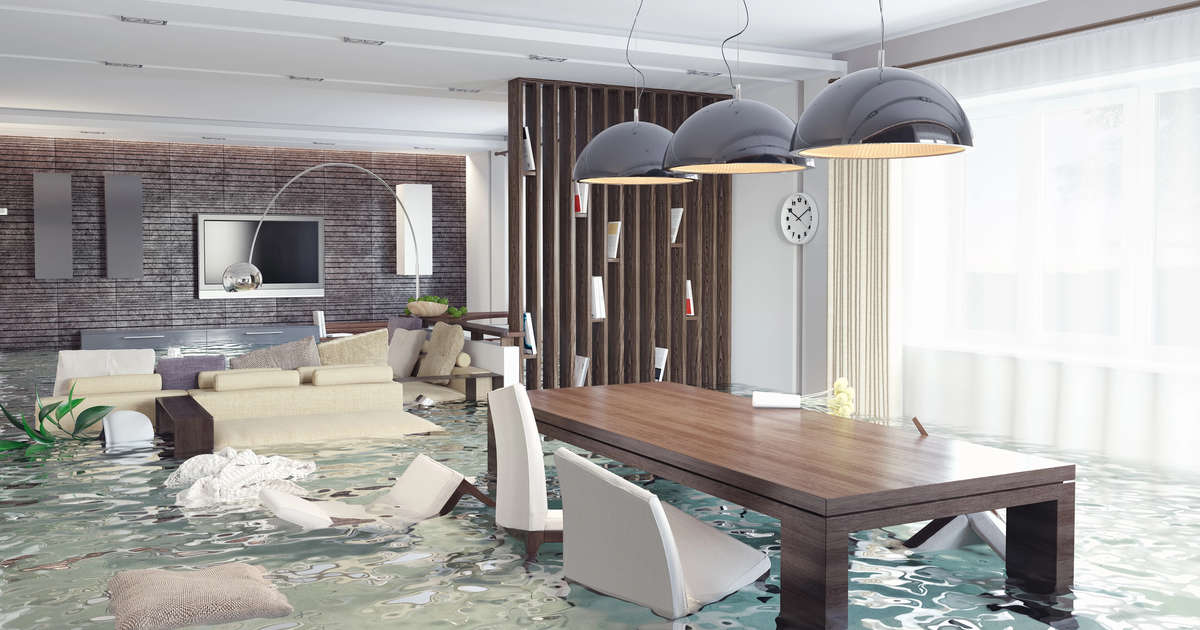
The impact of a major water leak incident in a hotel can be both immediate and long lasting. Among the immediate consequences can be dealing with guest complaints, cancelling reservations and managing renovation work.
However, a more long-tail impact may not be realized until the property insurance policy is due for renewal. If a hotel operator has made a water damage claim against their policy, then carriers may reassess the property’s risk profile, which can lead to higher premiums from the renewal date onwards.
Consider an Atlantic City casino hotel that experienced this reality firsthand. A single frozen pipe incident in a mechanical area resulted in over $5 million in damages. But beyond the remedial work required to fix the damage, this incident significantly impacted their property insurance renewal, with their insurance broker projecting an additional $5 million in premium increases over five years.
Fortunately, forward-thinking hotel operators can take concrete steps to prevent small leaks from turning into major problems. What’s more, this could also help hotels with a history of water leaks to demonstrate risk reduction to insurers, which may aid policy renewal negotiations.
How to Conduct a Comprehensive Risk Inventory
You need to know your hotel’s vulnerabilities before you can effectively protect it. Complete a room-by-room assessment, focusing on bathroom fixtures, HVAC units, and any previous problem areas.
Your mechanical systems and spaces need just as much attention as guest rooms. Evaluate areas such as boiler rooms, pump areas, pool equipment, and laundry facilities. These spaces often house the highest-risk equipment when it comes to water leaks. A guest bathroom leak may affect a single room, while a mechanical room leak can shut down elevators and displace entire floors.
Once you’ve mapped everything out, review maintenance logs, insurance claims, and guest complaints over the past few years, to see if you can identify any seasonal patterns and recurring problem areas.
How to Set Up Smart-Monitored Systems and Response Protocols
Installing a network of smart sensors throughout your hotel is a proactive method of detecting water leaks as soon as they happen. And while the prospect of installing sensors in hundreds of guest rooms and other areas may seem daunting, there are options available that can reduce the time, cost and effort associated with this.
Freestanding battery-powered sensors can be installed in each guest room, mechanical area and other relevant locations. Each of these remote sensors communicate wirelessly to a gateway unit that can be installed in hallways or other central locations, with each gateway unit covering large areas of the building, such as a few floors.
In terms of how wireless sensors send and receive data, the two primary options available are Wi-Fi or LoRaWAN (Long Range Wide Area Network) protocol. While your hotel no doubt already has extensive Wi-Fi provision, this is a suboptimal protocol for Smart-monitoring connectivity, due to the power consumption demands imposed on devices when constantly communicating, and its short connectivity range. LoRaWAN, by contrast, is designed for longer-range communications and its lower power consumption needs make it better suited for battery-operated devices.
When it comes to installing Smart-monitored sensors in guest rooms, place sensors under sinks, near toilets, and around HVAC units—these are your most common failure points. For mechanical areas, equipment that operates under pressure represents common failure points, such as boilers, water heaters, and pump systems.
The installation process should be straightforward enough that your maintenance team can handle most of it. Each sensor typically requires just scanning a QR code and naming the location in your system.
Make sure your system integrates with how your team actually works. Alerts should go to multiple people through different channels: live operator calls for immediate response, emails for documentation, and app notifications for detailed information.
And when it comes to alerts, the less specific they are, the less useful they are. Generic “water detected somewhere” alerts waste precious response time. Your monitoring approach should pinpoint exact locations—”guest bathroom in Room 314″ or “mechanical room B-2 near boiler #3″—so your team can respond immediately.
You also need different response protocols for different incident types. Create simple decision trees that help staff quickly determine the right actions: when to shut off water, which personnel to notify, and how to minimize guest disruption.
And here’s something critical: establish clear staff roles before anything happens. Serious leaks can occur during off-hours when maintenance isn’t immediately available, so make sure your overnight security team knows exactly what to do in water emergencies and how to interpret the monitoring system alerts.
How to Work Effectively with Insurance Partners
As outlined above, hotels with a history of water damage related insurance claims may see premium increases at renewal to reflect the increased risk this could pose to carriers. Hotel operators who find themselves in this situation may be able to leverage the risk reduction that a water leak detection system delivers, in order to negotiate more favorable insurance renewal terms.
Some insurance brokers and risk management consultants are working with Smart-monitoring technology providers to develop risk mitigation strategies for property owners and tenants such as hotels. These can then be presented to insurance carriers to demonstrate that a property is actively managing its water leak risks, which can help to secure more competitive terms.
While each property’s unique loss history and risk factors influence the final outcome, this strategic approach can help to strengthen a hotel’s position when negotiating coverage terms.
The Bottom Line
By implementing Smart-monitoring systems and comprehensive response protocols, hotel operators can turn their properties from reactive to proactive when it comes to water leak risk management. Not only does this help to reduce the risk of major disruptive incidents, it can also help hotels with a history of water damage to secure more favorable insurance renewal terms.
